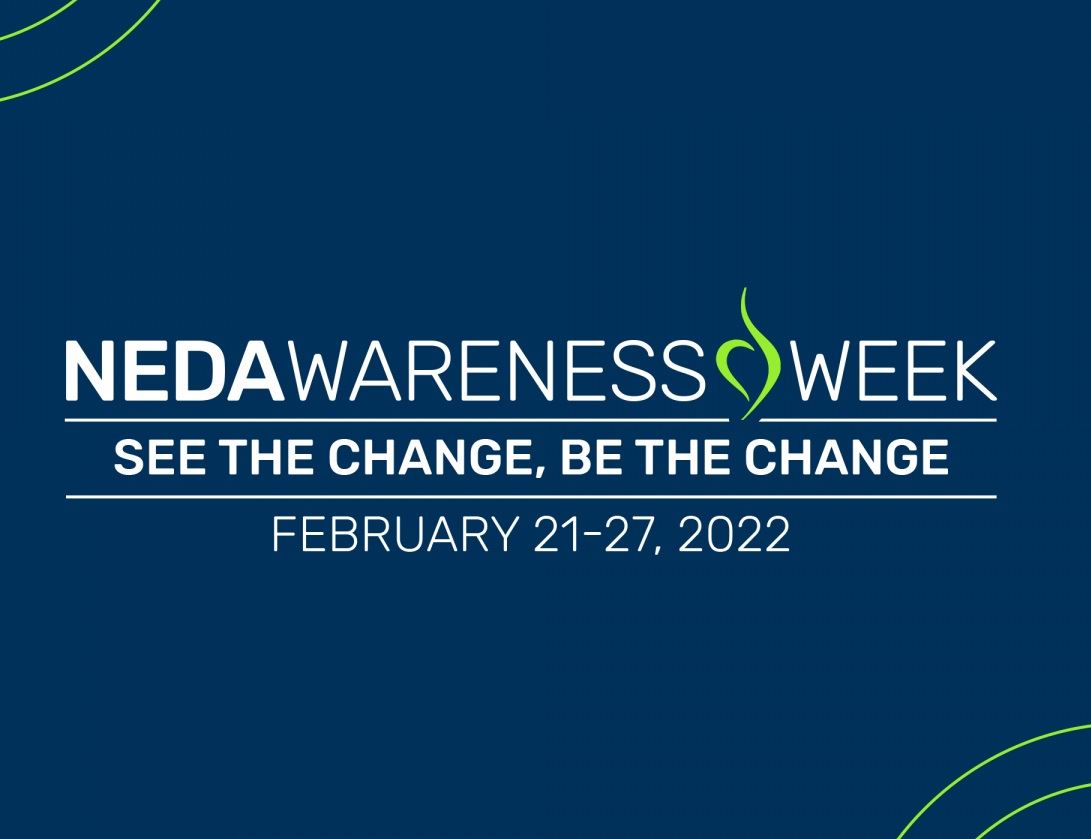The Hidden Truths of Eating Disorders
This week is National Eating Disorders Awareness Week. A time dedicated to education and reducing some of the common misunderstandings that exist with anorexia, bulimia and binge eating disorder.
Many who struggle with eating disorders often do so in silence. But these conditions are more common than one may think. It is estimated that one in 10 Americans will develop an eating disorder at sometime in their life. And, unfortunately, these conditions also have shown an increase during the COVID-19 pandemic.
Here are some other facts that many may find surprising about eating disorders:
- Eating disorders come in all body shapes and sizes. There are patients who severely restrict intake that may not physically appear that way. Additionally, there are patients that struggle with binge eating but their body size doesn’t necessarily reflect this either.
- Eating disorders impact males. A recent study on a college campus found that men make up 25% of eating disorder cases.
- Athletes are susceptible to eating disorders. Men and women who participate in sports that emphasize appearance, size and/or weight (such as wrestling, gymnastics, swimming and diving) are most at risk. Just as team cultures can instill positive behaviors, they can also encourage negative ones where many athletes on the same team may struggle with disordered eating and — as a result — poor performance.
- Individuals with eating disorders often develop depression and anxiety. At times, these challenges may have existed before one developed the condition. During treatment, these are problems a behavioral health provider, as part of the treatment team, would address in therapy — along with the thoughts, feelings and behaviors associated with the eating disorder.
Once you discover someone in your family may have an eating disorder and starts treatment, getting someone to overcome feelings of denial or shame can be difficult. Our multidisciplinary team of providers spends at least one or two visits trying to build rapport and trust to help develop a positive relationship.
Early treatment also includes education about how eating disorders start. Innocent goals for fitness can grow into dangerous self-harming behaviors and an eating disorder can suppress a person’s ability to ask for help from friends and family.
This isn’t a personal failing for the individual, but rather a symptom of the disease. We frequently have discussions with our patients about their eating disorder’s thoughts versus their own thoughts. Once these conversations take place, and the eating disorder thoughts, feelings and behaviors are exposed, the patient and family together can work together toward recovery.
If you are a loved one are in need of support, find out how to contact the NEDA Helpline by phone, text or an online chat.
Learn more about the warning signs and symptoms of an eating disorder and how to get started with seeking help.
